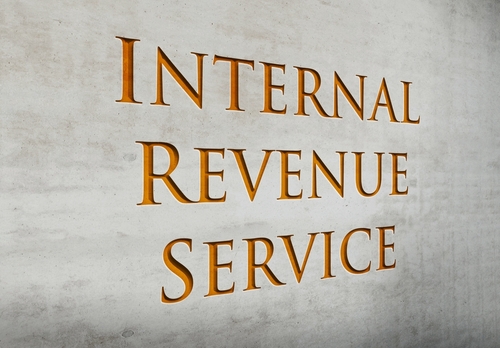Legislation introduced on Aug. 15 in the U.S. House of Representatives would allow the Internal Revenue Service (IRS) to strengthen its tax fraud detection efforts.

The Digital Evaluation for Tax Enforcement and Compliance Tracking Act (DETECT) Act, H.R. 4974, would require the U.S. Government Accountability Office to submit a report on the potential of artificial intelligence to assist the IRS in detecting tax fraud to the House Ways and Means Committee and the Senate Finance Committee. The report would help the IRS evaluate how artificial intelligence can enhance fraud detection and improve the recovery of taxpayer dollars.
IRS Criminal Investigation launched 2,667 investigations in 2024, secured 1,571 convictions, identified more than $9.1 billion in tax and financial fraud and recovered nearly $3 billion through restitution and asset seizures.
U.S. Rep. Vern Buchanan (R-FL), House Ways and Means Committee vice chairman, sponsored the bill, while U.S. Rep. David Schweikert (R-AZ), chair of the Ways and Means Oversight Subcommittee, was the lead cosponsor of the legislation.
“We have a responsibility to protect hardworking Americans by ensuring their tax dollars are used wisely and government operates at peak efficiency,” Buchanan said. “That’s why I’m proud to join Chairman Schweikert in introducing the DETECT Act to harness emerging artificial intelligence capabilities to strengthen fraud detection, cut waste and ensure the IRS can conduct efficient, thorough investigations to protect American taxpayer dollars.”